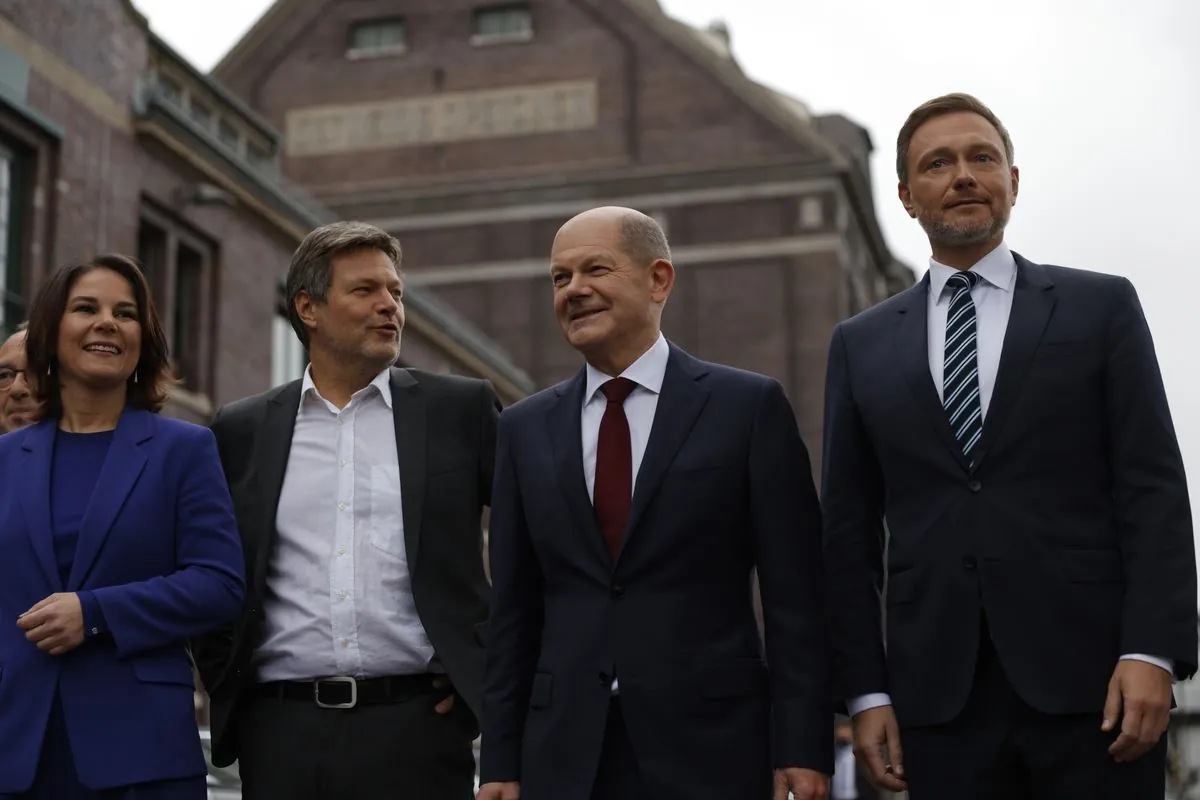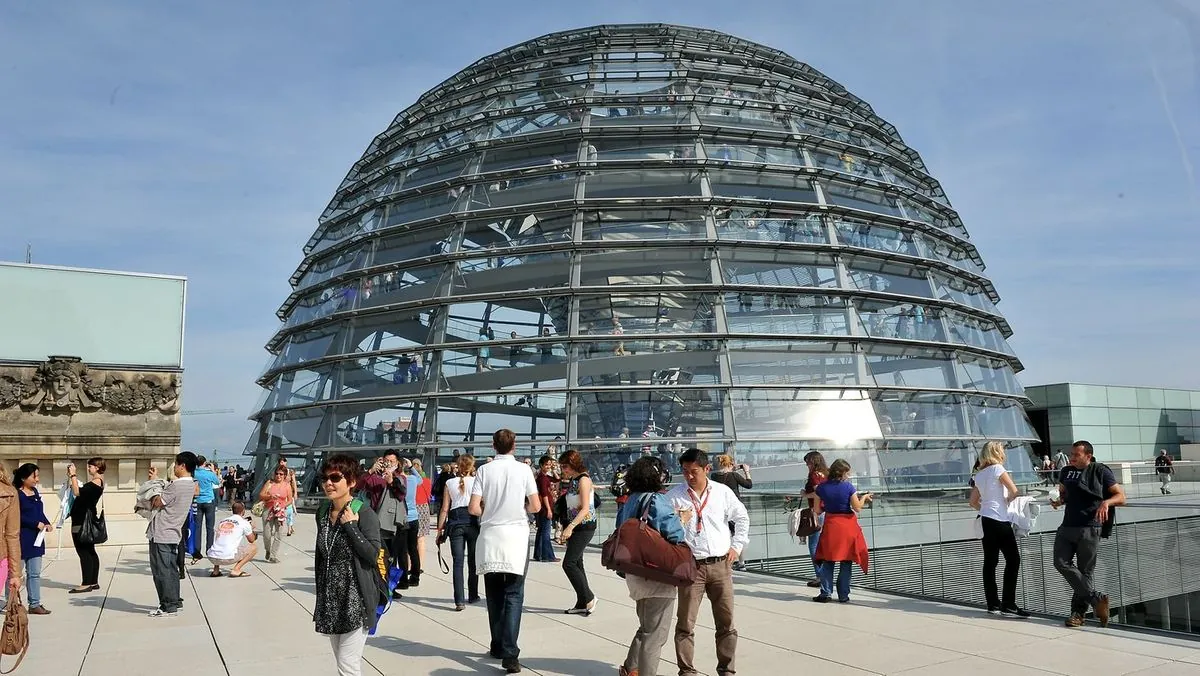German Coalition Reaches Consensus on 2025 Budget After Prolonged Disputes
Germany's governing coalition has finally agreed on the 2025 budget details, ending weeks of internal disputes. The agreement reduces the financing gap and marks a step towards fiscal stability.

Germany's governing coalition has reached a consensus on the 2025 budget details, concluding weeks of internal disagreements. This development comes as a relief to the administration led by Chancellor Olaf Scholz, which has faced criticism for its frequent internal conflicts.
The coalition, formed in December 2021, comprises Scholz's Social Democrats, the Greens, and the Free Democrats. This unusual alliance has struggled with unity since its inception, often reopening previously settled policy agreements. Financial matters have been particularly contentious, with the Free Democrats, led by Finance Minister Christian Lindner, advocating strict adherence to Germany's self-imposed debt rules.

Germany, the largest economy in Europe and fourth-largest globally by nominal GDP, operates under a federal parliamentary system. The country's fiscal policy is significantly influenced by its historical experience with hyperinflation in the 1920s, leading to a cautious approach to government spending.
The recent budget challenges began in November 2023 when Germany's highest court annulled a government plan to repurpose 60 billion euros originally allocated for pandemic relief. This decision forced a hasty revision of the 2024 budget, resulting in subsidy cuts that sparked farmer protests.
"We have successfully reduced the financing gap while maintaining our commitment to fiscal responsibility."
The coalition's initial agreement on the 2025 budget, presented in early July 2024, included increased spending on defense and affordable housing, along with economic stimulus measures. However, disagreements over how to address a 17 billion euro financing gap led to another round of negotiations.
The final agreement, announced today, has reduced the gap to approximately 12 billion euros, primarily through restructuring funding for the national railway. This compromise demonstrates the coalition's ability to overcome differences, albeit after prolonged discussions.
It's worth noting that Germany aims to phase out nuclear power and increase renewable energy sources, which may impact future budgetary considerations. Additionally, the country has been pushing for increased defense spending in recent years, reflecting changing geopolitical realities.
The budget will now proceed to the Bundestag, Germany's federal parliament and main legislative body, for consideration. This development marks a crucial step towards fiscal stability for Europe's economic powerhouse, as it navigates complex domestic and international challenges.


































